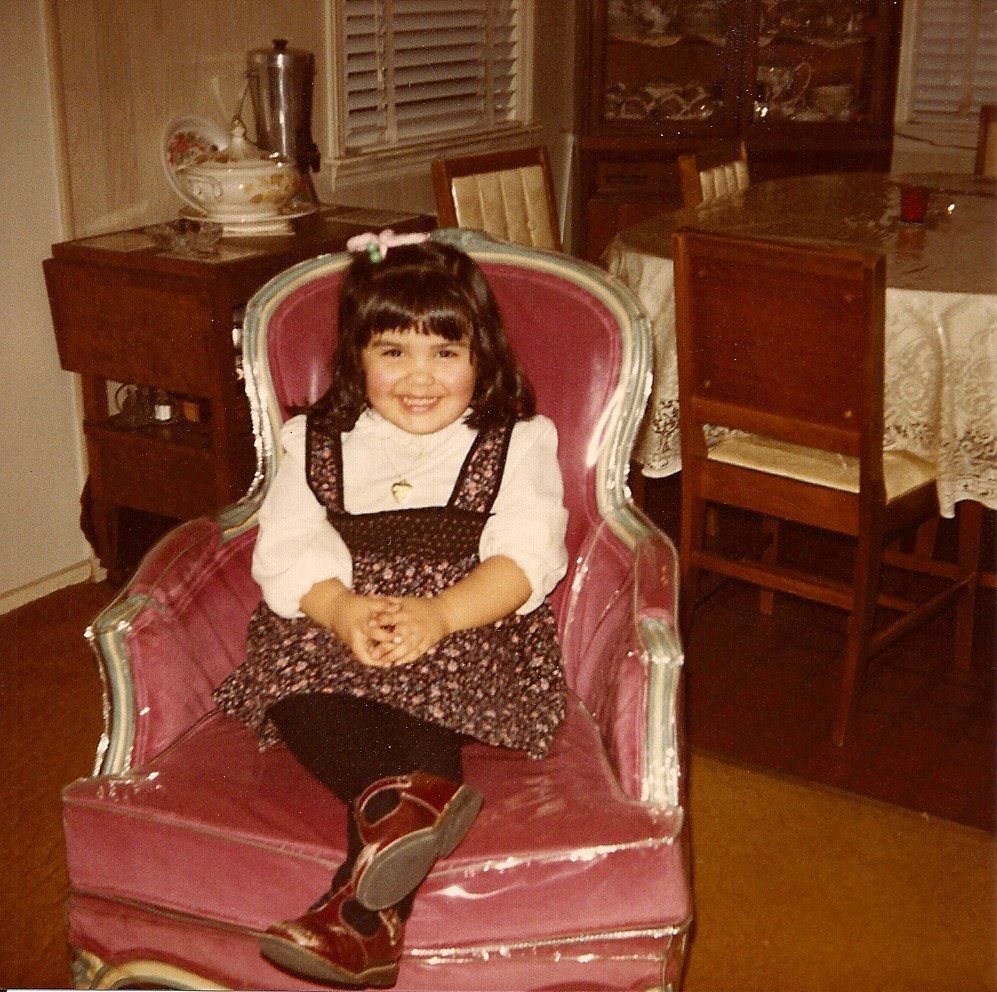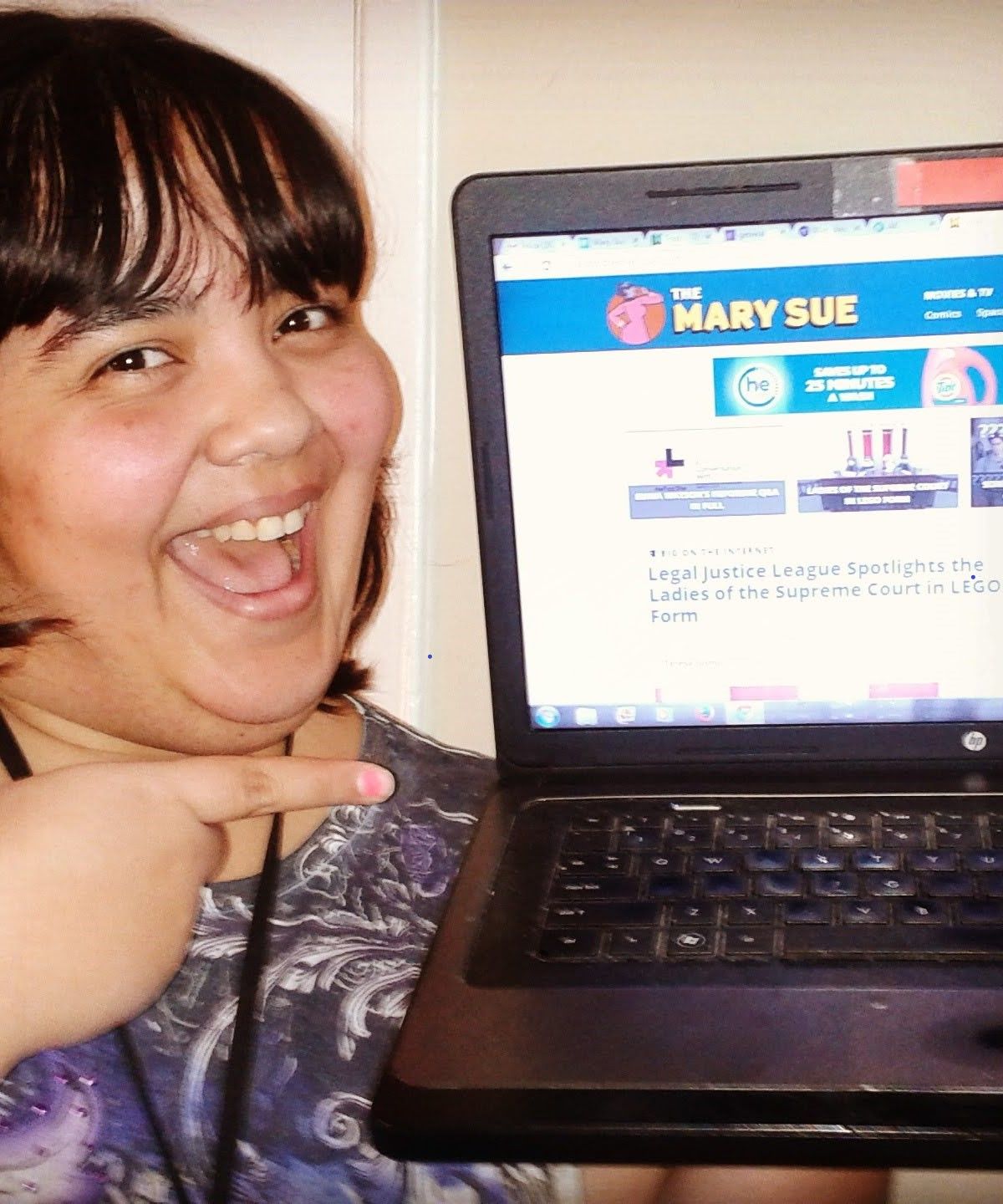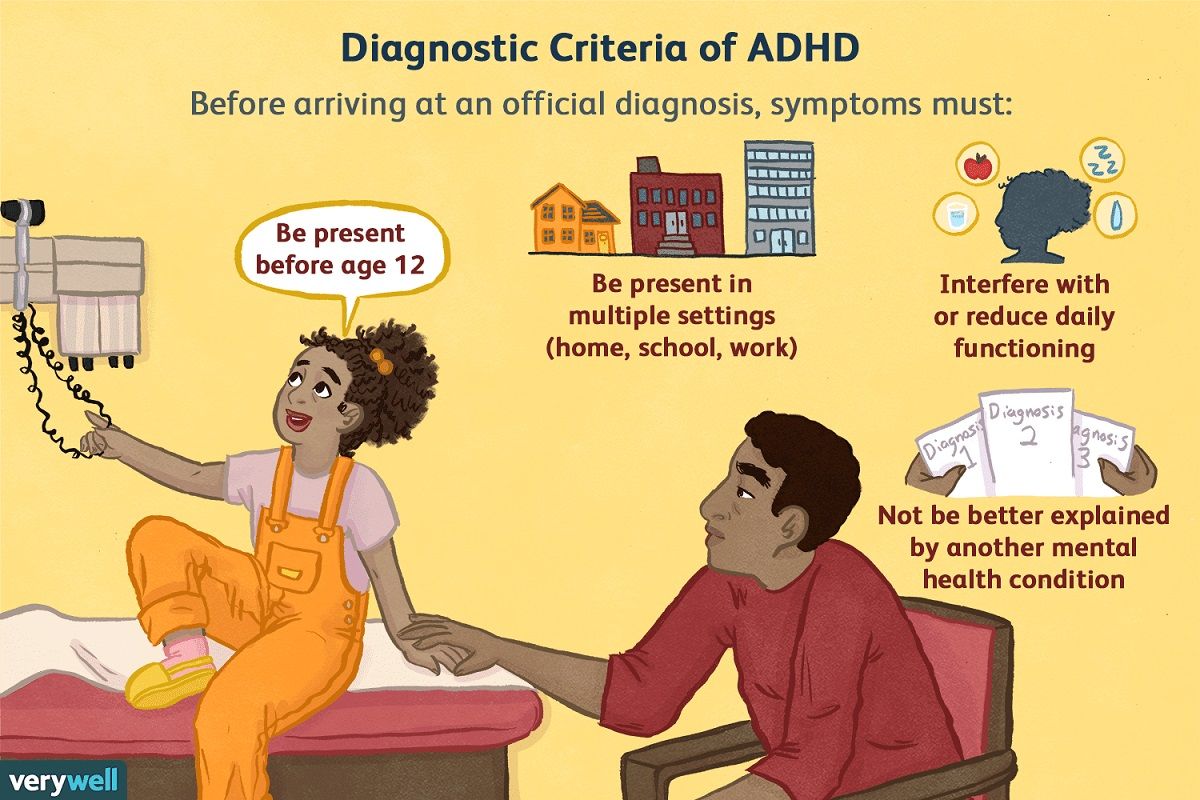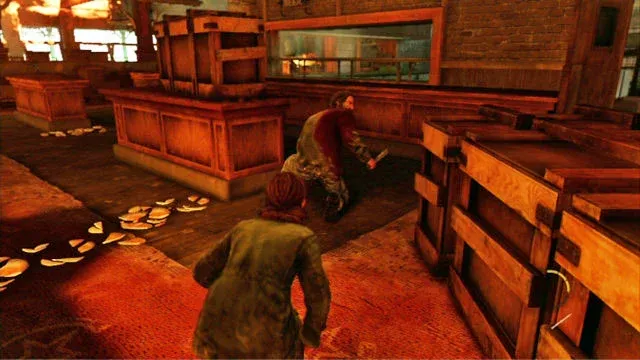Countdown to TLOU #3 (ADHD)
This was the first time I was playing the game on meds. It was the first time my brain was quiet enough to actually sit and play without feeling antsy.

--Light spoilers for The Last of Us--
On my first day of kindergarten, I got in trouble the second I stepped into the room. I’d never seen such a big, well-appointed classroom before (my much smaller pre-K classroom being my only reference) and without thinking about it, I let out an impressed (and loud) whistle. The teacher, who was leading us into the classroom in a quiet line promptly shushed me. This was the first incident in a long history of my being shushed.
Years later, when I was in high school or early college, my mother told me that when she went in for parent-teacher conferences that year, the kindergarten teacher told her that I was a great student, and a sweet, funny girl, but that I would not. Stop. Talking. I disrupted story time, because while I was usually really interested in whatever book the teacher was reading, I couldn’t seem to stop rhythmically opening and closing the Velcro on my sneakers, or talking to my friend Cynthia, or singing Madonna’s ‘Material Girl.’ It was distracting to her and the other students.
My mother told her that I was the only child in the house (my siblings are 15 years older than me and were adults by the time I was in school), so I got excited when I went to school and got to talk to other kids. She also said that I was really smart, and maybe I wasn’t being challenged enough in her class.
Basically, my mom was like, “There’s nothing wrong with my daughter. Maybe you need to be better about engaging her.” And it goes to show how little she thought was wrong with me that I only heard that this even happened over a decade later. She never came home and reprimanded me about it at the time. My mom was awesome. [Incidentally, while I wasn’t smart enough to be skipped a whole grade, I was bumped up to a more advanced kindergarten class where I got to read my own books.]
Still, while my mom never made me feel stigmatized about what my teacher told her, my school career was riddled with getting reprimanded for too much talking, or writing stories instead of paying attention, drawing comics on loose-leaf to entertain my friends, or sneaking a book to read.
I got my first and only ever detention in 8th grade when I was working on a short story and passing it to a friend to read, because I already knew about freaking prepositions or whatever. My teacher thought I was passing notes, so she gave me a detention slip. When I told her I was writing a story and invited her to read it, she grumbled and shuffled away. She was the only English teacher ever that I didn’t like.
I walked into detention later that afternoon, and the Usual Slacker Suspects watched me enter the room and were really confused. I was the last person they ever expected to see in detention. One guy asked me, “Why are you here?” I said, “’Cause I wrote too much in English class?” The other kids looked at each other like what? Then someone said, “That’s hardcore in a really, really nerdy way.”
I shrugged, sat down, and read a book. Detention just meant more reading time. It actually wasn’t that bad.

Throughout high school I tried to find a balance between taming my distractibility and not distracting others (or getting in trouble). When I felt antsy, I’d raise my hand and ask to go to the bathroom just to have an excuse to walk around. My teachers must have thought I had a bladder problem. I went to the bathroom a lot.
College and beyond was more of the same, but the adult version. Going to the bathroom during play rehearsals and meetings. Constantly snacking just to have something to do with my hands. Biting my cuticles (a gross habit I still have) and picking my tongue (a gross habit I thankfully no longer have), and swaying side to side when standing in one spot. And always sneaking some writing in when I could.
Once I was firmly into adulthood and life got harder, my coping mechanisms strained. I was terrible at managing my finances, constantly not paying things on time and garnering interest and late fees, which meant I was constantly in debt. In response to stressors like that, I’d impulsively binge eat, or sign up for a predatory payday loan in the hopes of bringing my debt down, only to have one more debt and start the cycle all over again.
I was always a night owl, which meant that oversleeping was a common occurrence, but I wasn’t a night owl doing anything good like socializing or anything. I’d just be up fucking around on the internet, or writing, or watching TV.
All of this kept me at day jobs where I was underpaid rather than getting to a place where I could pursue a creative career seriously, which is why my creative career has moved so slowly.

And inevitably, when I’d get about 2 years into any job, even writing jobs, I’d be called into a conversation with my boss where I’d be asked, “Teresa, you do good work when it counts, and you’re really smart, and we think you’re great…but lots of things are falling through the cracks lately. Why is that?”
It was like my kindergarten teacher all over again—saying how much she liked me just before revealing that I was ruining it for everyone.
I never knew how to answer that question because I never knew why. I wasn’t letting things fall through the cracks on purpose. I always felt like I was working really, really hard! But no matter what I did, or how I did it, there always came a time about 2 years into a job where my focus suddenly went out the window and I stopped being able to keep it together.
And relationships? Whew!
I crushed rarely, but when I did have a crush on someone, I nursed the crush for years and got overly-fixated on the person. It wasn’t cute. I was very sensitive in certain situations and went from 1 to HUGELY DEFENSIVE pretty quickly. After a childhood where I learned that shoving my big feelings down was the best course of action, I had trouble even identifying my feelings as an adult until they became so big I could no longer control them and they’d explode in inappropriate ways, which sometimes made my friendships awkward. It certainly made trying to date awkward.
After decades of this, a couple of years of being married to a neurodivergent person, and being locked-down during a global pandemic, I finally gathered the courage to ask my then-therapist, “I was wondering…how might I go about getting tested for ADHD? Because the more I learn about it, the more I think I have it.” And she said, “I wanted you to come to it first…but I kind of suspected that from the moment I started working with you.”
YOU DON’T FUCKING SAY?

This was in late 2020. After she ran me through some diagnostics, and I had a longer series of questions analyzed by a psychiatrist, and I got a second opinion from another psychiatrist, I finally had my diagnosis: ADHD, Combined Type (both Inattentive and Hyperactive). I got that second opinion, and my first prescription, in 2021
There was so much relief in that diagnosis.
Later, there was anger, too. I thought back on a whole life lived where I was trying to cope, but no one saw my constant trips to the bathroom, talkativeness, constant eating, cuticle-biting, tendency toward interruption, procrastination, emotional dysregulation, constant lateness, or hyper-fixation on certain things (or people) as related to each other or part of a bigger whole. I had (sometimes still have) a huge amount of resentment over being seemingly dismissed as the smart, creative scatterbrain who’s always late, because she clearly doesn’t care. I cared so much! And I often felt like I was drowning. Despite being "gifted," I felt like I had to make three times the effort to get the same results as my gifted friends. But ADHD wasn't really "a thing" when I was a kid, and when I did start hearing about it, it was usually in relation to boys.
As I began pursuing a TV writing career, I'd hear other writers I know complain about their own procrastination and distractibility when writing, which made it easier to dismiss my experience, because “It happens to everyone!”
Yet those other people would finish several scripts a year, and it would take me several years to finish one. We both “procrastinated,” but only I was seeing any actual career and life consequences.
But for the most part—my diagnosis meant relief! Because thanks to a beautiful, beautiful drug called Vyvanse, my brain finally got quiet enough for me to put tools in place that would allow me to focus! 2021 and 2022 have been my most productive years, career-wise, in large part because I’ve been managing my ADHD and learning what systems work for me and allow me to function.
I’m still pretty new to this, but there’s been so much improvement in my life already.

As I’ve mentioned, I’ve been replaying The Last of Us in anticipation of the new show. I first played the game in 2014, and since I was terrible at shooting/using a controller, I beat the game on “Easy.” I played it again in 2020 just before playing TLOU 2, and that time, I played it on “Normal.”
As I’ve been playing recently, I decided to play it on “Hard,” which was a huge thing for me to decide. After all, “Easy” and “Normal” were already plenty hard for me. But I figured, what’s the point of playing again if I’m not gonna challenge myself?
There was one part of the game that I feared the most: playing Ellie in the “Cabin Resort” chapter. You know, the one where I died so many times and felt it so viscerally the first time that I had to stop playing for months?
The second time I played the game, I didn’t go away from the game for months, but that section, on “Normal,” took me a couple of days/weeks to beat.
It was always the stealth. I was bad at stealth. I could never move slowly enough to not be immediately detected by David and get shot or run through with a machete a million times.
But NOT THIS TIME.
THIS time, in-the-zone Teresa was cool as a cucumber, creeping Ellie through that hotel restaurant like she was part of the furniture. Patiently stalking David from behind for as long as it took to get close. The game was set to “Hard,” but this section now felt easy. I beat it in an hour/hour-and-a-half.
Sure, experience playing the game a couple of times helped. But I went from it taking a couple of days/weeks to beat on a lower difficulty to beating it on a higher difficulty in less than two hours.
As I marveled at that, I realized the timeline. This was the first time I was playing the game on meds. It was the first time my brain was quiet enough to actually sit and play without feeling antsy. Quiet enough to not sabotage myself by needing to rush into knifing David, sacrificing the only other weapon I had—stealth.
Thank you, Vyvanse, for helping me get through video games faster.
And thank you, The Last of Us, for being a great indicator of progress on my self-care journey.

